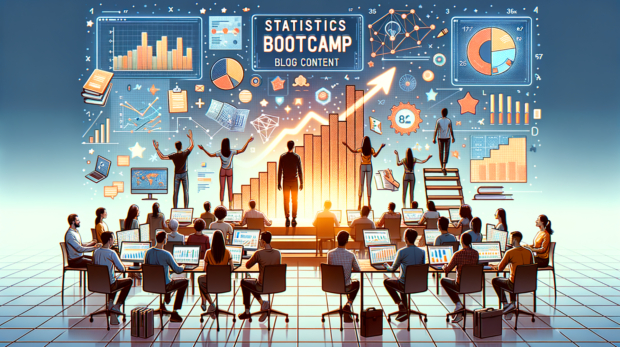Master Your Future: Transformative Data Science & Analyst Classes Await!
Introduction Are you ready to unlock the power of data and shape your future with precision? Dive into our blog as we unravel the pathway to mastering data science classes and reshaping your career trajectory. In a world where data reigns supreme, t ...








